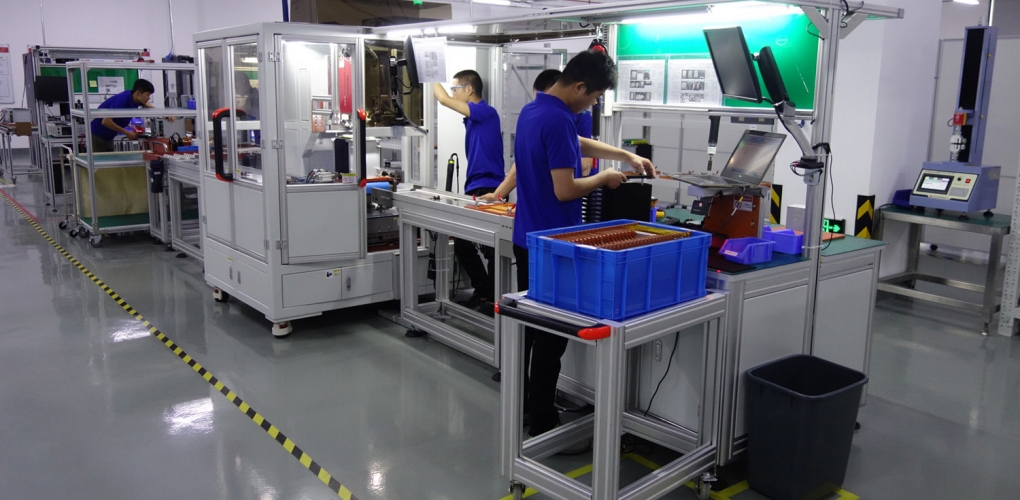As lithium-ion battery manufacturing continues to grow exponentially, the potential problems with sourcing the materials needed for the batteries, including lithium itself, become more prominent. And while recycling will likely lessen the impact, batteries made from more abundant materials could be both cheaper and more environmentally friendly.
Replacing lithium with sodium is an option favored by many in the research community. And while tentative attempts at commercializing this technology are underway, sodium batteries tend to degrade and lose their capacity even faster than lithium technologies. Since degradation and performance loss is already a problem in lithium-ion technology, switching to a chemistry known to degrade even faster could prove to be a hard sell.
In a new paper published in the journal Chemistry of Materials, scientists from the University of California, Santa Barbara (UCSB) calculate that much of the degradation in sodium manganese oxide, a common cathode material, is caused by the presence of hydrogen in the materials. They also theorize that similar mechanisms could negatively affect the performance of lithium-ion batteries, though more research is needed to prove this.
As the most abundant element in the known universe, hydrogen can get into the materials at many stages of fabrication, and its effects on various materials used in renewable are an important area of research. The calculations from UCSB show that the presence of hydrogen in the manganese oxide layer reduces the amount of energy needed for manganese atoms to break loose and dissolve.
“Because hydrogen atoms are so small and reactive, hydrogen is a common contaminant in materials. explained Chris Van de Walle, a computational materials scientist at UC Santa Barbara. “Now that its detrimental impact has been flagged, measures can be taken during fabrication and encapsulation of the batteries to suppress incorporation of hydrogen, which should lead to better performance.”
This content is protected by copyright and may not be reused. If you want to cooperate with us and would like to reuse some of our content, please contact: editors@pv-magazine.com.




By submitting this form you agree to pv magazine using your data for the purposes of publishing your comment.
Your personal data will only be disclosed or otherwise transmitted to third parties for the purposes of spam filtering or if this is necessary for technical maintenance of the website. Any other transfer to third parties will not take place unless this is justified on the basis of applicable data protection regulations or if pv magazine is legally obliged to do so.
You may revoke this consent at any time with effect for the future, in which case your personal data will be deleted immediately. Otherwise, your data will be deleted if pv magazine has processed your request or the purpose of data storage is fulfilled.
Further information on data privacy can be found in our Data Protection Policy.